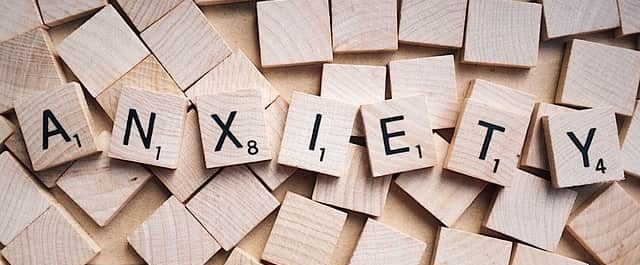Dental Sedation: Is it Right For Me?
Dental sedation is a welcome tool for patients since it helps to alleviate dental anxiety and phobia related to procedures. Additionally, for treatments with a reputation for causing discomfort, it can be very effective at minimizing, or eliminating it altogether. A calm, pain-free treatment is the goal, and currently available methods of sedation can be an important part of getting you as close to that as possible. These are some of the things to consider when trying to determine whether or not it’s required in your situation.
Sedation can help to prevent, minimize, or get rid of anxiety prior to appointments
If you’re scared to go the dentist and feeling sheepish or embarrassed about it, please don’t. You’re in good company. Over a million Canadian adults would say they’re scared to see the dentist. And given dentistry’s past history, this is understandable. But remember, in modern times we have the resources to make your visit much more comfortable than what was possible in previous decades.
If talking through your concerns with your dentist isn’t enough to alleviate your anxiety, dental sedation can be a very effective way to get rid of your fear during your next visit. For adults, some of the most commonly administered medications for this purpose are benzodiazepines. They’re available in short and long acting formulations, enabling their effects to be customized based on the expected length of your procedure.
Have questions for our dentists about getting sedated for your dental procedures? We understand – just ask us at Reflections Dental Oakville!
Customized sedation levels for your individual situation
Any discussion of whether or not sedation is right for you would not be complete without mentioning the fact that there are varying levels of sedation. Mild sedation for alleviating anxiety will leave you fully conscious and aware of your surroundings. For example, some children receive what’s commonly known as “laughing gas” when getting a filling. And, as discussed above, many adults require mild sedatives to alleviate a bad case of nervousness that is beyond the point where merely “trying to relax” will do the trick.
At the opposite end of the spectrum is general anesthesia where the patient is gently rendered unconscious via medication. This is typically reserved for major dental surgery, although occasionally it’s used in other circumstances.
Finally, moderate or deep sedation is available if you need something that falls somewhere in the middle of the spectrum. Moderate sedation will leave you able to talk and breath on your own, although your mind may feel a lot more sluggish than usual. Deep sedation will also leave you able to answer questions, but you may feel like you’re half asleep – for this reason, the dentist may need to use gentle tactile stimulation to get your attention.
Your medical history is a factor in whether or not dental sedation is a good fit for you
When discussing sedation options, your dentist will need to take your complete medical history. Their findings will determine which sedative options are the best fit for you. For example, those with a severe case of obstructive sleep apnea or myasthenia gravis are generally not good candidates for benzodiazepine use.
Dental sedation is a useful tool when used in the right circumstances
If you’re scheduled for any dental procedures that make you afraid or nervous, make sure you set aside some time to discuss available options for helping you feel more relaxed, and to prevent or alleviate pain. There’s absolutely no reason to worry in silence when there are so many safe, effective options available to treat these issues. Your dentist will do everything possible to ensure you have a good experience at your next appointment, so you can put your worries behind you once and for all.


